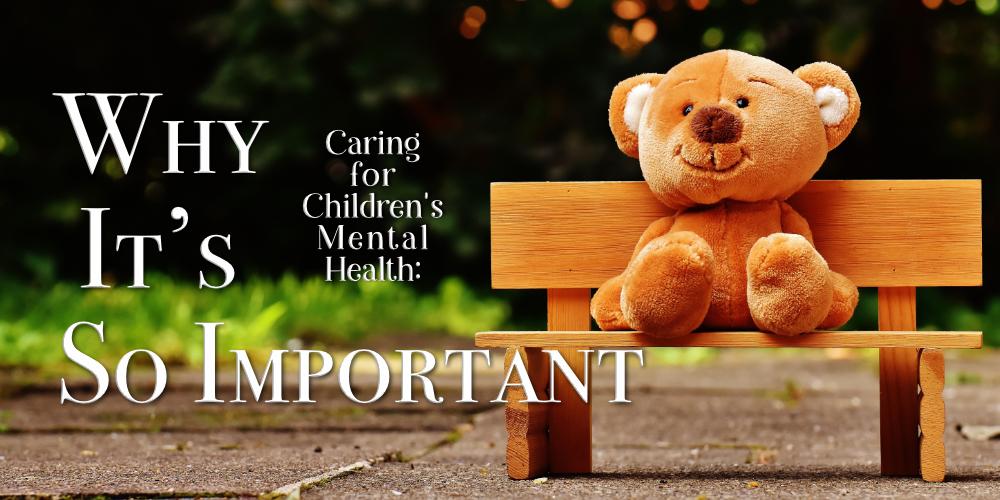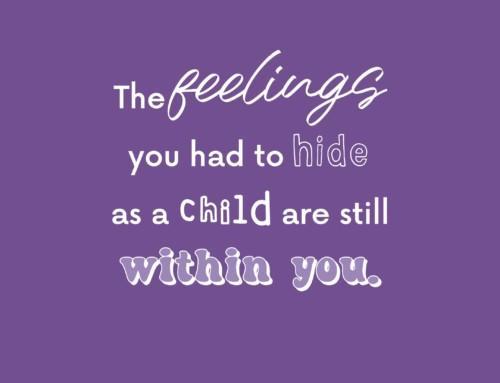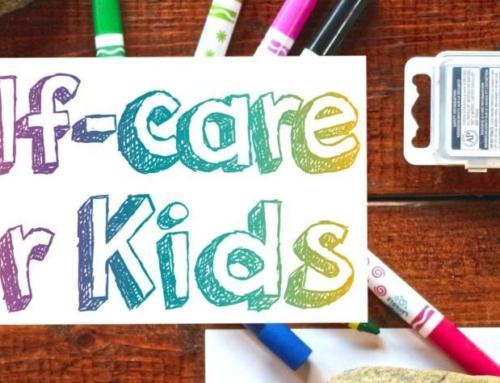It can be heartbreaking to watch children struggle with mental health issues. Mental health statistics from the Centers for Disease Control and Prevention show that approximately 2.7 million children aged 3 to 17 live with depression. However, if you’re the parent of a child living with mental illness, do not be disheartened. As long as parents show love, understanding, and support, their children will be well-equipped to navigate the symptoms and challenges mental health issues create.
Get Professional Help
Early intervention with the help of qualified professionals is one of the most effective ways to help your child navigate their mental illness. Human development and family professionals, particularly mental and behavioral health counselors, use their emotional intelligence, empathy, and communication skills to provide support amidst emotional distress. After helping children identify pain points and deepen their understanding of their emotions, mental health counselors outline different ways they can cope.
Join Them In Joyful Activities
Exercise is a well-known remedy for mental health symptoms. Research shows that any kind of physical activity can reduce symptoms of depression in people of all ages. Regular physical activity also helps children lower their risk of developing depression. Other activities, such as art and music, can help children express themselves and cope with their emotions better.
However, when the severity of mental illness increases, the mere act of starting an activity can become a Herculean task. To alleviate the difficulty of starting, join your child in healthy activities. Take walks with them around the neighborhood, schedule family crafts time, or take them to the gym with you. To motivate them, you need to show them that they are not alone.
Build Their Confidence
The invisible burden of mental illness can oftentimes diminish a child’s sense of self-worth, which can be heartbreaking to witness. To help them gain a more realistic view of themselves, provide praise purposefully. When they practice good habits, affirm them. Praise needs to be sincere and specific, with enough backing evidence. It’s also important to focus on efforts, not traits. Calling a child “smart” may ingrain a sense of self-expectation, and their self-esteem could lower if they fail to meet that expectation. It’s better instead to praise children for the concrete steps they take toward knowledge building, such as studying or taking on puzzles.
Encourage Open Communication
Mental health issues are easier to manage when children know that they have support to fall back on. It’s important to establish yourself as a person your children can trust. When they come to you about problems, never pass judgment or diminish their feelings. Take the time to understand where they are coming from. And when issues arise, let them know that they can talk to you.
Watching your child suffer is always a difficult thing. However, as long as you fulfil your responsibility to nurture your children, make them feel special, and build their self-esteem, they will have an easier time navigating the challenges of mental illness. There are always solutions — early intervention and support can prevent the effects of depression from making a lasting impact.
Written by a guest writer, Jillian Pearce who is a mother-of-two who likes to advocate for the importance of mental health in our society. In her spare time, she bakes and reads a lot of novels.
Sources:
https://www.cdc.gov/childrensmentalhealth/data.html
https://online.maryville.edu/online-bachelors-degrees/human-development-and-family-studies/careers/
https://health.gov/news/202112/physical-activity-good-mind-and-body








